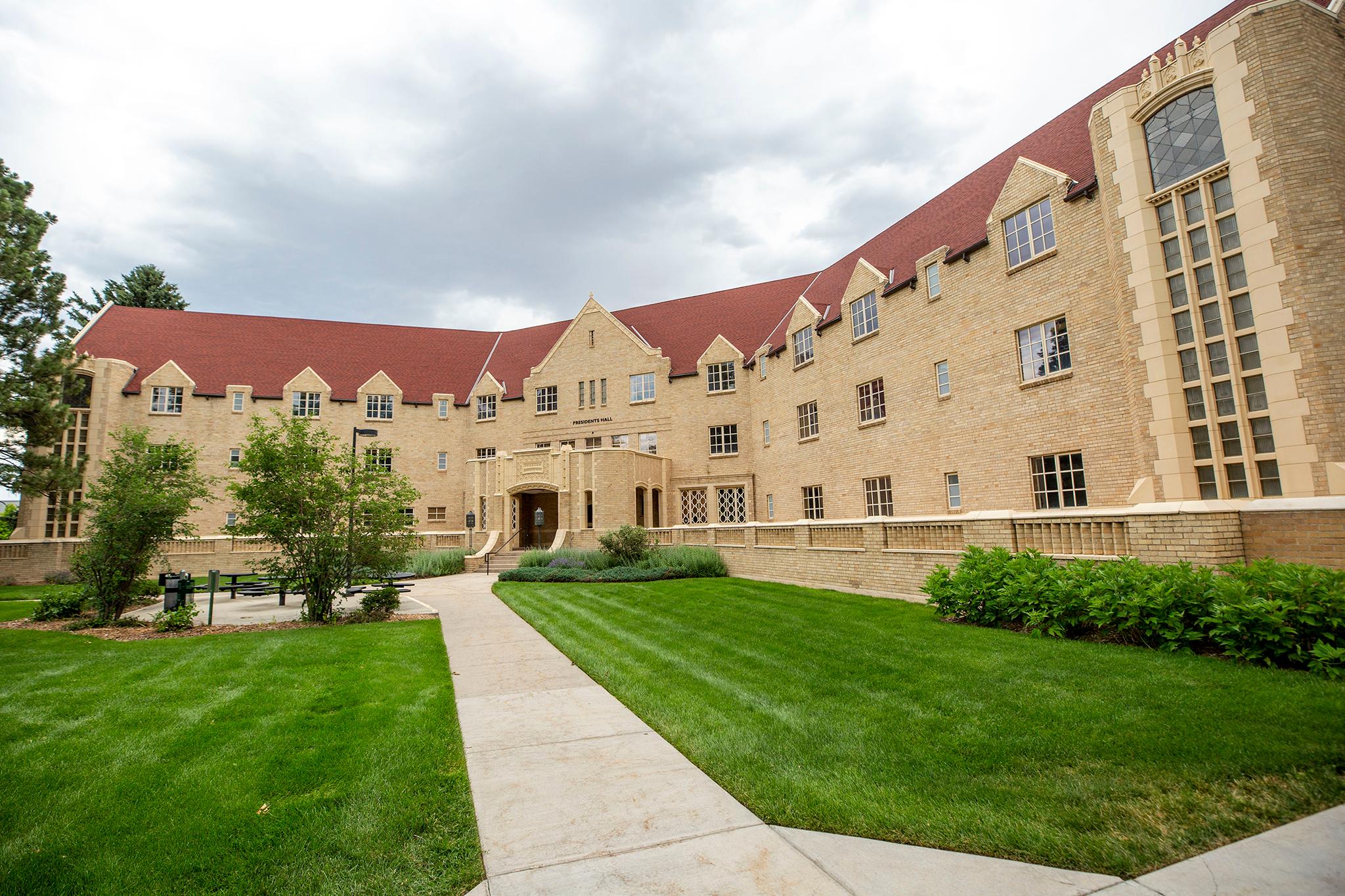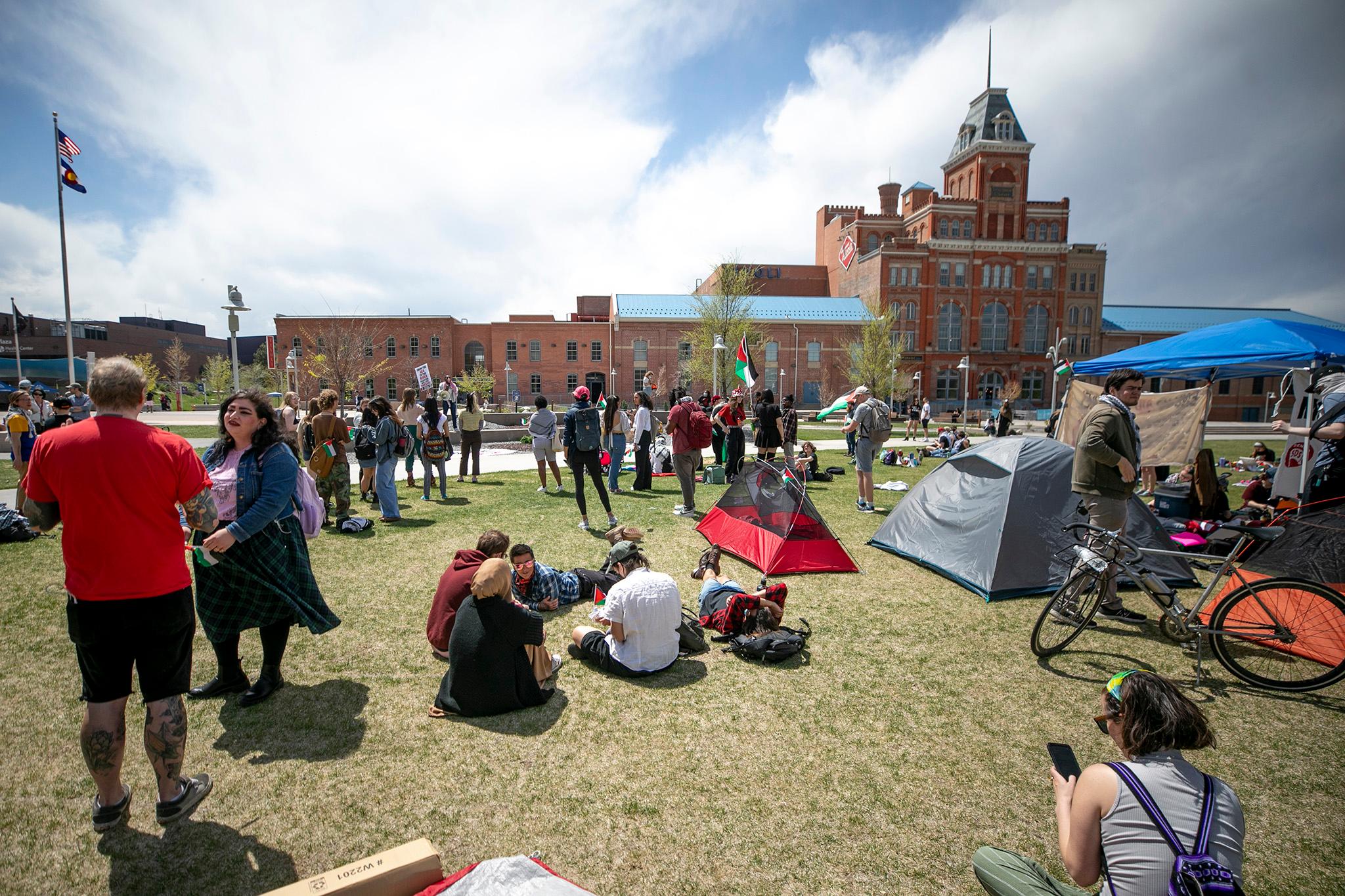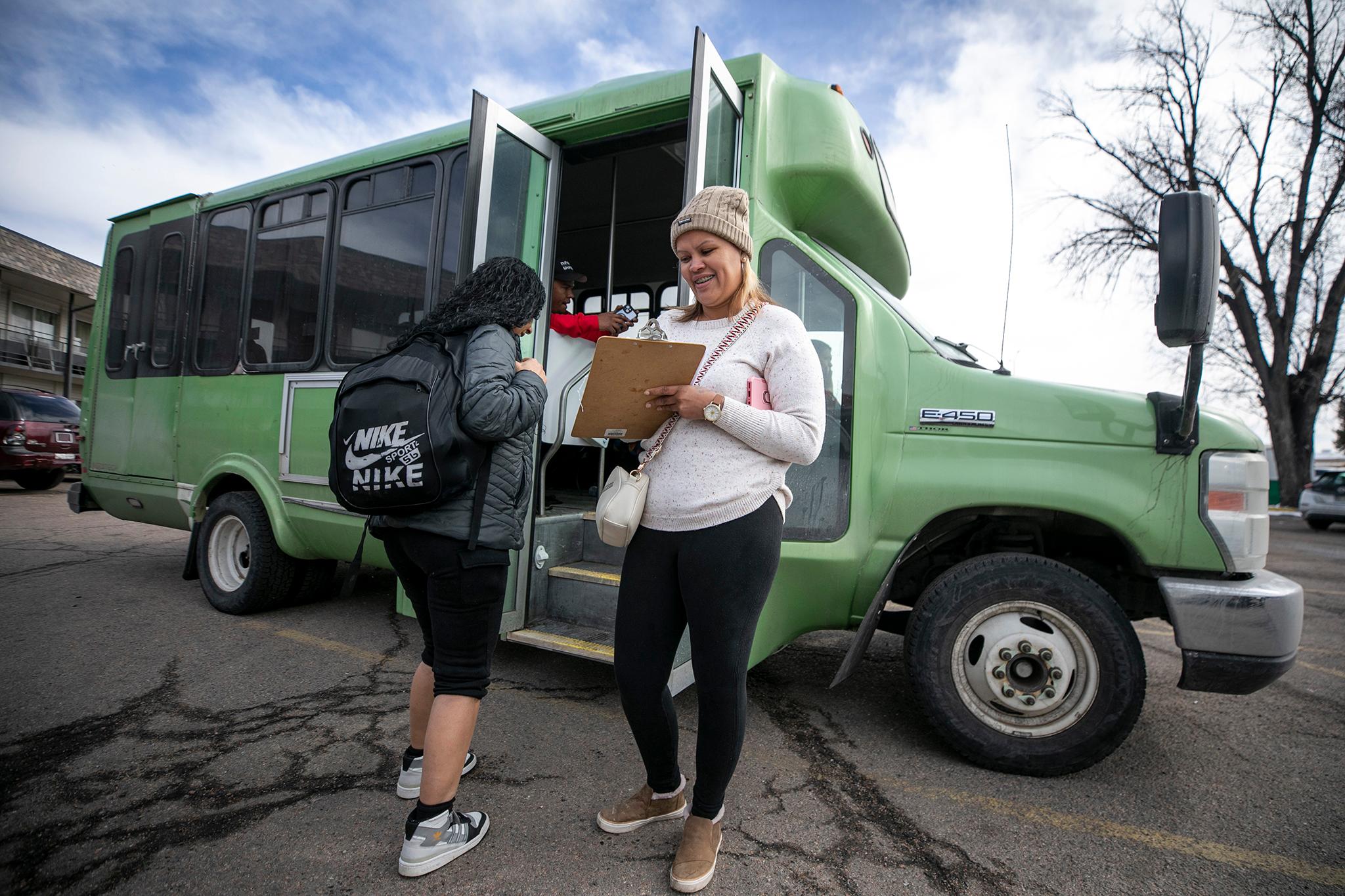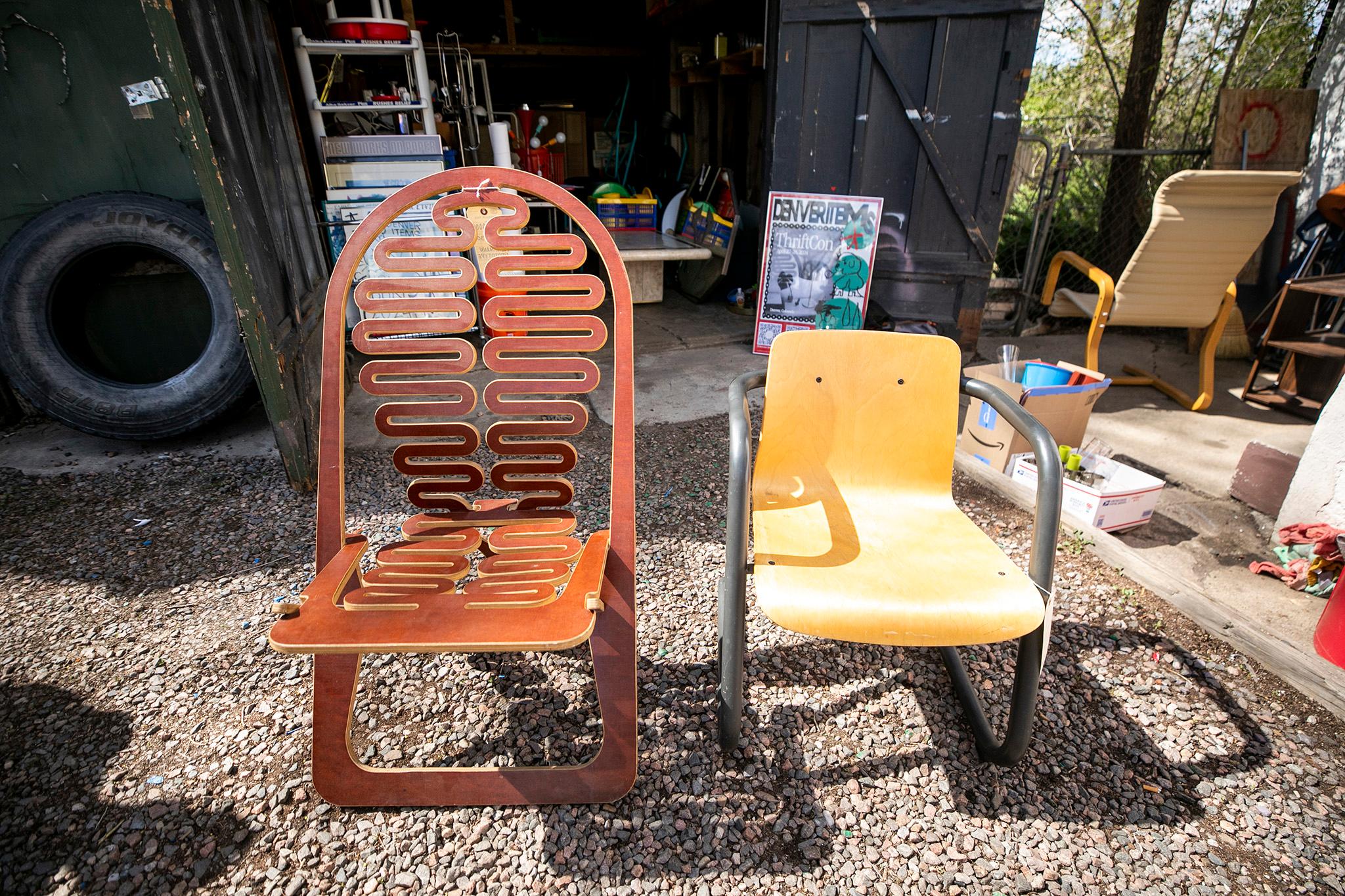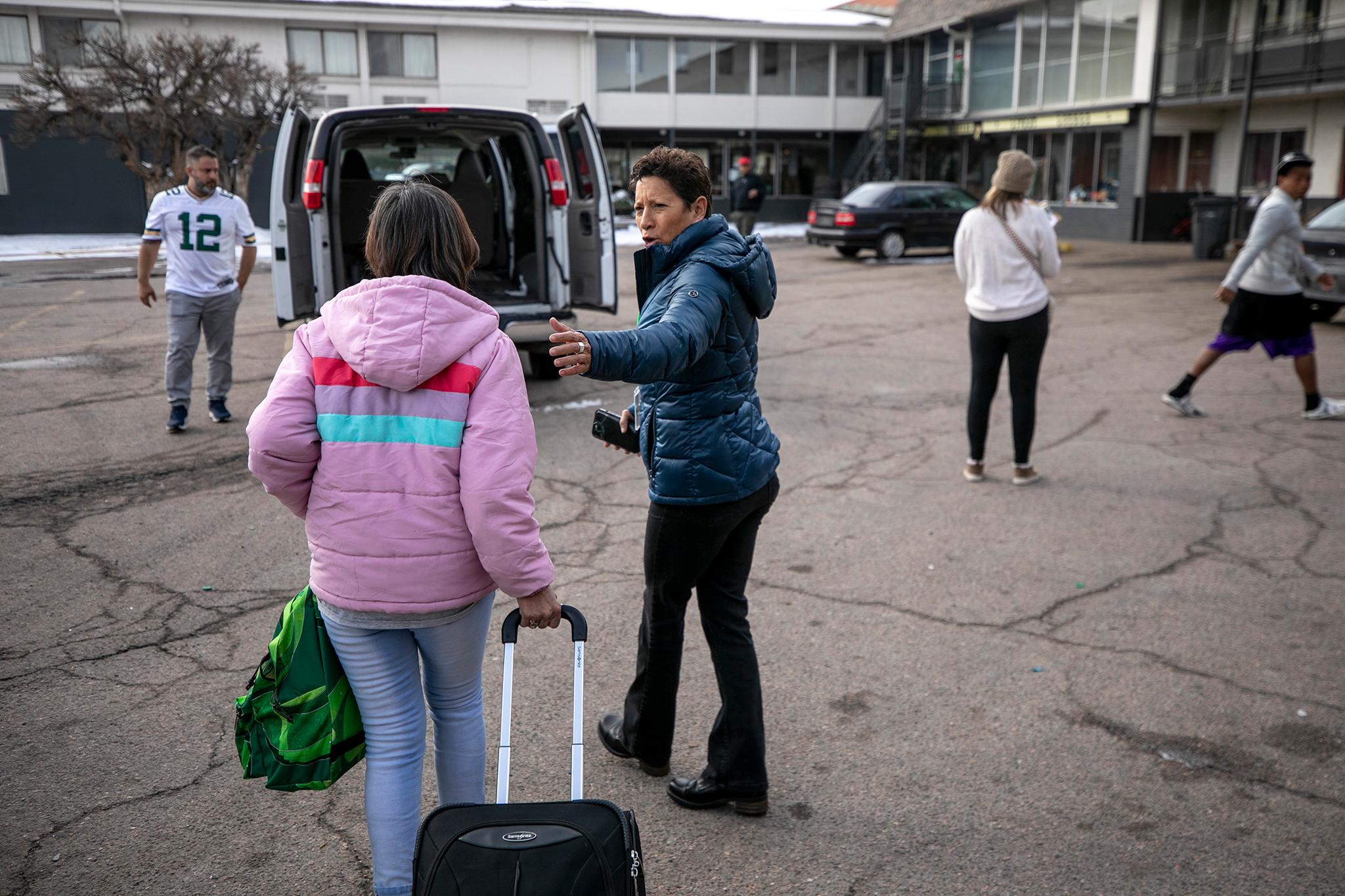As Denver tries to catch up on building the more than 50,000 units of income-restricted homes needed to solve the housing crisis, a patchwork of organizations collaborated on a fix.
The nonprofit Enterprise Community Partners' Transit Oriented Development Fund is in the mix. The fund was founded with Denver's support in 2010 and has just passed the $50 million mark in investments.
"The City of Denver back then said, you know, we're building out these transit systems, light rail, specifically," explained Vice President and Mountain, Tribal Nations, and Rural Market Leader Jennie Rodgers of Enterprise Community Partners. "We know that housing is going to get more unaffordable as these multimodal opportunities are being built through neighborhoods and through communities. So what can we do to make sure that the people who can least afford to drive and have the most need for public transportation can afford to live near this new transit opportunity?"
The answer was the Transit Oriented Development Fund.
The fund was created to help developers build income-restricted housing along Light Rail, commuter rail and high-traffic bus lines.
"In 2010, Enterprise and many of our partners came together to create this low-cost, low-burden loan product," Rodgers said. "That allows our partners to acquire, for the most part, vacant land, but also properties that can be renovated, properties that may be populated with low-income people, and gives them the freedom and the time to pull together the financing to build new affordable housing."
Money for the program came from the City of Denver, the Colorado Housing and Finance Authority, and the state's Division of Housing, along with Enterprise and other partners.
When the Transit Oriented Development Fund launched in 2010, Enterprise had a goal of handing out 20 loans to developers to build 2,000 homes by January 2022. The fund has exceeded its original goals with its three latest projects.
Those included Crosswinds at Arista, in Broomfield, which received $1.8 million so Gorman & Company could build 159 one- to three-bedroom affordable apartments in between Denver and Boulder.
A $5 million loan went to Johnson and Wales Family Housing, where two former dorms were purchased to be turned into 80 affordable housing units by 2023. That's part of a larger project that will include 154 units total.
Finally, Bonsai Apartments, in Sheridan, received a $2 million loan so Medici Development, LLC could purchase the Bonsai Nursery and turn it into 149 one- to three-bedroom apartments. That project will break ground in 2024.
"The nice thing is the funding continues to revolve," said Rodgers. "We'll be able to build many more than that 2,000 in the future."
More homes are definitely needed. A lot has changed since the fund was created in 2010. Housing prices have risen mightily from $202,896 at the start of 2010 to $543,000 in December. The city grew by more than 115,000 people over the past decade, according to the latest census numbers. Homelessness has multiplied. And while Light Rail was built -- albeit not as quickly as RTD hoped -- the housing crisis has worsened.
The fund's goal to keep transit users near transit is as crucial as ever.
Transit-oriented development is more than just a trendy idea. Income-restricted units built near light rail and frequent bus stops allow working people, who would otherwise be priced out of Denver, to stay in town.
"It means that people who are working in downtown Denver or in your grocery store or in retail centers or in other key and critical jobs, in many of the industries in Colorado, can afford to get to work from an affordable place where they can live," Rodgers said.
The income-restricted properties include projects that serve people who make up to 80% of the area's median income, which is $71,950 for a family of three. This level of housing is crucial for working and middle-class families.
While Rodgers is proud of Enterprise's work on the Transit Oriented Development Fund, she acknowledges the amount her project can loan is a drop in the bucket of what's needed.
For a full solution, "We know that we need a lot of different financing tools, policies, financial resources," she said. "We need many more than this TOD Fund at the table. We need many of them. And the only way that we're going to get at that 50,000-unit mark is by deploying capital, by thinking innovatively about how we build, by thinking about policy that we can enact that will help incent or require affordability. And we need all of that.
"This is one of those tools," she added. "But certainly none of them by themselves are going to help us solve our affordable housing problem."

